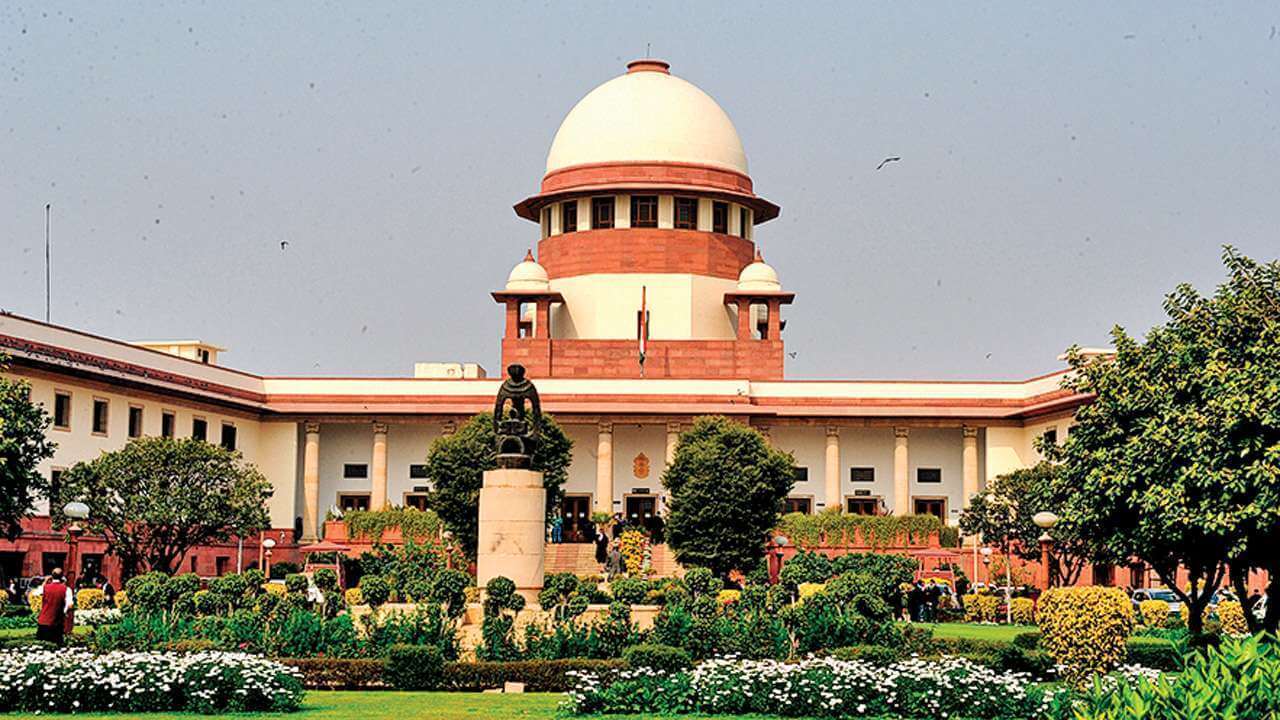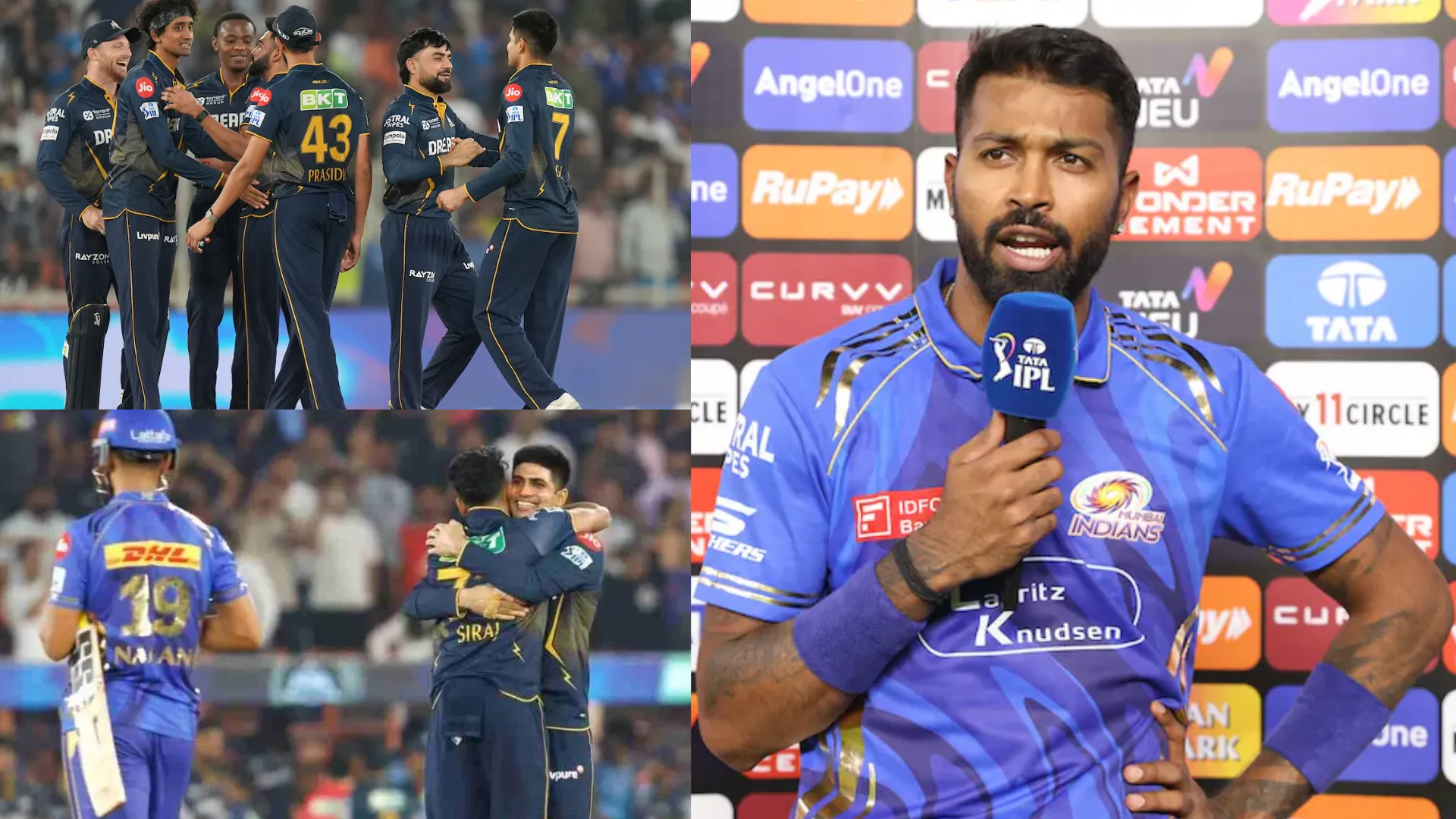The Centre has clarified to the Supreme Court that there was no legal compulsion to get a vaccination for COVID-19.
The Centre argued in an affidavit submitted to the Supreme Court that the idea of informed consent does not apply to the voluntary use of a medicine like a vaccination. The affidavit said that, “While the Government of India highly encourages all eligible persons to undertake immunisation in the interest of the public,” there was no legal requirement for it. The Centre responded to a petition that was submitted by two parents whose children reportedly died as a result of COVID vaccine adverse effects.
Adverse Events Following Immunization (AEFI) can result in physical harm or death. If this happens, the vaccine recipient or their family may be entitled to legal recourse, which may include filing a lawsuit in civil court to recover damages or compensation for negligence, malfeasance, or misfeasance. The Centre continued, submitting: “There is no material evidence to suggest how the State can be fastened with strict liability for the tragic death of the respective children of the petitioners, which is the requirement in law to sustain a claim for compensation against the State under Article 32 of the Constitution. “Such claims may be determined on a case-by-case basis in an appropriate forum.”
Further, the Centre clarified that information regarding COVID-19 vaccination is freely available in the public domain by both the Ministry of Health and Family Welfare and the vaccine manufacturer.
The Centre has opposed the petition seeking compensation from the respondents for the deaths of the petitioners’ respective children, claiming that the causation analysis showed that the death of the first petitioner’s daughter was caused by a reaction to a vaccine product, while there is insufficient evidence to draw a firm conclusion in the case of the second petitioner’s daughter.

















